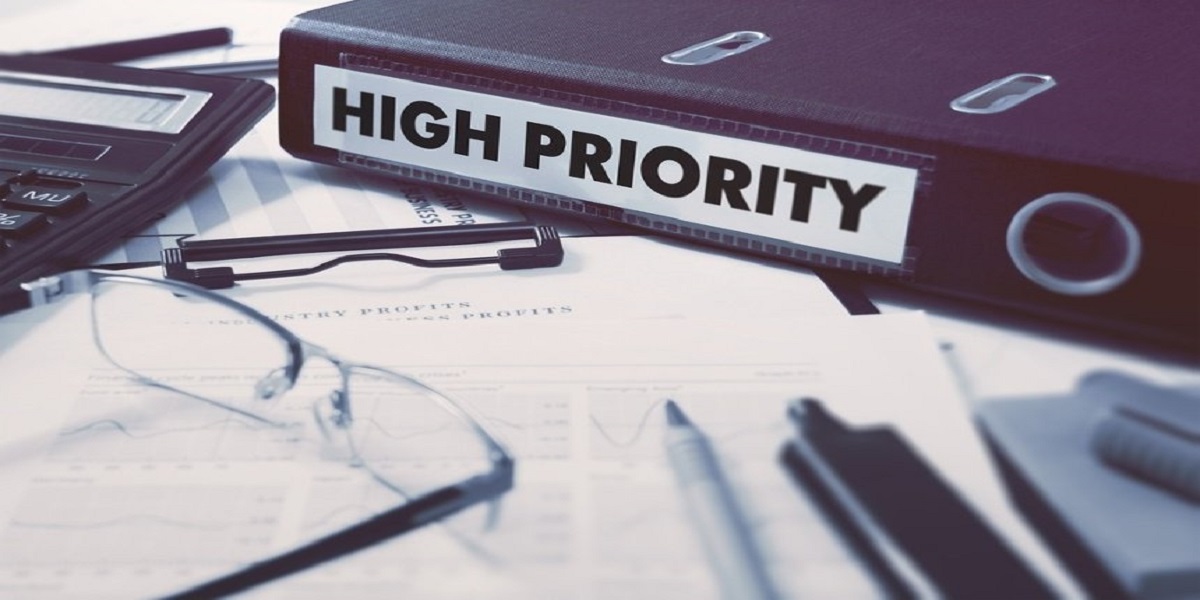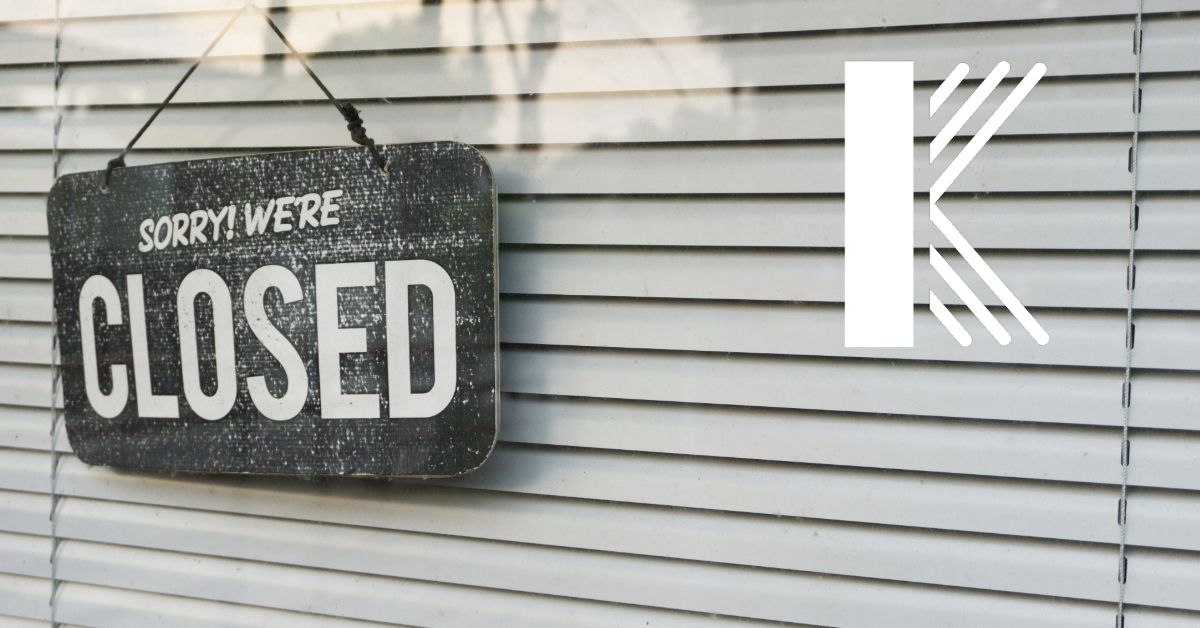3 min read
Why Flood Insurance Matters for Veterinary Clinics in Louisiana
Dr. Lang had never worried about flooding. Her veterinary clinic sat on higher ground just outside Lafayette, far from the bayous and...
1 min read
Levi Kastner
Oct 18, 2018 7:32:00 AM


Even if you have a successful business, disaster could strike at any moment and force you to shut your doors. Successful companies typically carry insurance to mitigate the risk of unforeseen damage. Although it might seem tempting to cut costs by forgoing insurance, business experts like the Small Business Administration (SBA) highly recommend maintaining a business insurance policy.
You need business insurance to cover acts of God and general liability, such as malpractice. A patient, for example, might sue a doctor's practice if the nurse accidentally gives him the wrong medication. If you have a business in a flood zone, a flood could destroy your business property and allow competition to move into your market while you rebuild.
States often require certain types of business insurance. (Check out what you need to know about Louisiana insurance rates here.) According to the SBA, businesses with employees must purchase worker's compensation coverage through the state or a commercial provider. Six states require businesses to carry disability insurance, but companies in states that do not need this protection commonly offer it as a benefit.

While property insurance covers the damage to any business, even if you run a home business, it does not reimburse you for lost profits. Business interruption insurance pays you for lost sales until you get your business up and running again after a disaster. If you become disabled or too ill to run your company, disability insurance provides a percentage of your income. Additional insurance for overhead provides for expenses, such as supplies and inventory, needed to run your business while you are disabled.
According to business attorney Nina Kaufman, it is best if you do not rely solely on liability waivers to protect yourself in case of malpractice or accidents because they usually never cover you completely. In some states, you cannot use waivers at all to protect a business from liability.
Try to purchase all of your business insurance from a single company. Business owner's policies cover the most common types of insurance needed by a business. When starting a business, do a risk-management audit to identify potential liabilities and what an accident might cost. Do this risk management analysis every year. Always select with a licensed agent familiar with the risks associated with your type of company. (Check out how to know if you are working with a top agent here.)
Does this article have you curious about how to purchase commercial insurance? Check out our commercial insurance page or click on the link below for a quote and get started today!


3 min read
Dr. Lang had never worried about flooding. Her veterinary clinic sat on higher ground just outside Lafayette, far from the bayous and...

2 min read
Dr. Harris ran a chiropractic office in New Orleans for nearly fifteen years. His practice survived recessions, staff turnover, and even a...
.png)
3 min read
Tina ran a busy real estate brokerage in Lafayette, Louisiana. Her agents were always on the go—showing properties, hosting open houses,...